Author Aparna Piramal explains how a short list she wrote for herself turned into her new book Chemical Khichdi – How I Hacked My Mental Health, which narrates her experience of living with bipolar disorder.
Like many women in their 20s about to embrace a major milestone, Aparna Piramal was ready for big changes, all set to join Harvard Business School.
But just as she was gearing up for her new life, something else would soon become an urgent reality — her first episode of mania.
“I knew I had difficulty balancing my emotions even earlier. I was 24 when I had my first mania episode — too many thoughts and emotions, delusions of grandeur, very little sleep, yet lots of energy, and changes in speech, facial expression, behaviour and appetite. This would go on for weeks. Everything before that was going well, I had a good social life and had good grades in academics etc,” Aparna recalls.
“My family and I, for a long time, took it as a personality issue rather than an illness,” she narrates to The Professional Times.
Only a decade later would she find out the diagnosis — bipolar disorder.
Twenty years on, Aparna continues to battle her illness, but in the process, aims to help others understand what living with the disorder is really like. Now an author, columnist, and motivational speaker, she has used her experiences to write a book.
Chemical Khichdi – How I Hacked My Mental Health, is her deep dive into how she has fought and lived with bipolar disorder for nearly 20 years.
‘10 Things I Learnt About Being Bipolar’
As a student, Aparna enjoyed writing stories and poetry. Although she saw herself growing to be an entrepreneur or a CEO of her family business, it was after the first mania episode that she realised that business might not be her cup of tea.
“Partly because of my interest in writing, and partly because of my illness, I knew I could never be a businessperson. For me, that was a great shift. Every 24-year-old has a plan for life, but suddenly, I realised my life is going to change now,” she says.
Aparna notes that she received her diagnosis at the age of 37 and after several years of therapy.
“I honestly felt relieved to find out that it was not a personality issue, that I was not dysfunctional. It is a chemical illness that has happened to me and can be cured. We had a set vocabulary and awareness around the illness and that’s when it started to look better,” she explains.
“After nearly 18 months of my diagnosis, I wrote a piece called ‘10 Things I Learnt About Being Bipolar’. This was just an internal note for me and my family. I was in a book club and they really liked it and suggested I turn it into a book. The piece covered topics like diagnosis and medication, sleep, yoga and meditation, mania, depression, family, parenting, identity, ambition and work, and emotion, purpose and meaning of life.”
This later became a template for her novel, which is part memoir and part self-help, she explains.
“The book is in three parts. The first part is a memoir that talks about my struggle over the past 20 years. The second part contains seven hacks or therapies — the ways in which I hacked my mental condition, and then there are some poems that describe my mental health,” she says.
Aparna added that her book serves as a guide not only for people suffering from mental illness but also for those around them. “One can read and understand how you can be there for your loved ones when you are going through a mental illness,” she adds.
Her book also talks about seven ways in which one can hack her mental illness.
“There is for example, medical therapy; love therapy, which includes your family and friends; and then there is lifestyle therapy, which talks about my way of living. There is spirituality and then there is the most important one — the dialogue you’re having with yourself,” she explains.
‘Society has still a long way to go’
While there is a lot of conversation around mental health in India today, Aparna still feels that is a long way to go. As per a Dailypioneer report, 80 per cent of people with mental illnesses do not seek medical aid.
“Society does play an important role in people’s mental health. It makes it very difficult for people to come out and talk about their feelings. As young people, we worry about a lot of things, from getting a job to finding a life partner or the meaning of our lives. I think there is a lot of stigma around being vulnerable in society. Society does not want to accept people’s vulnerability and this is a huge problem,” she opines.
Aparna says she was lucky to have a strong support system in her family. What she struggled with were her own expectations.
“I struggled with myself a lot. It was a huge identity shift for me. We all have an image of what our lives might become in the future, and if we don’t get that, it becomes a huge problem, and that is what I went through,” she recalls.

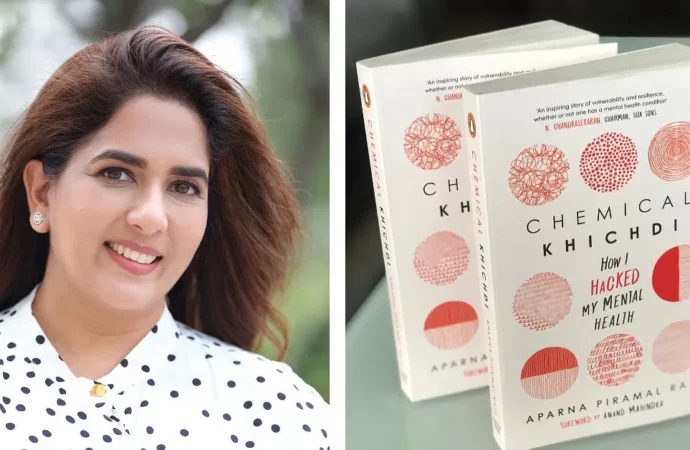

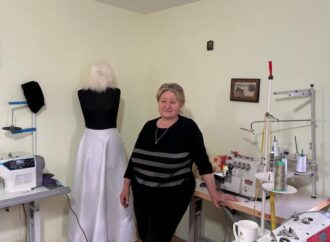
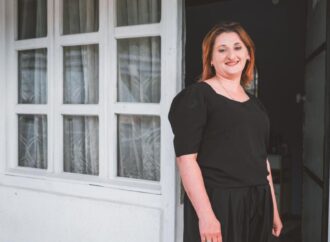




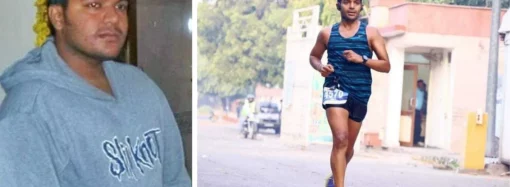







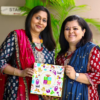
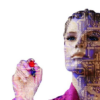







Leave a Comment
Your email address will not be published. Required fields are marked with *